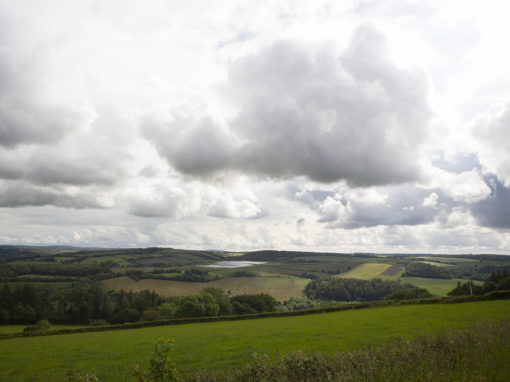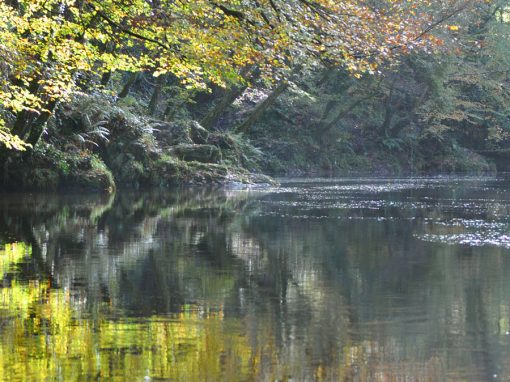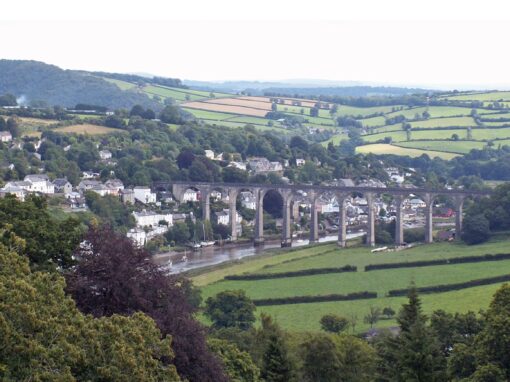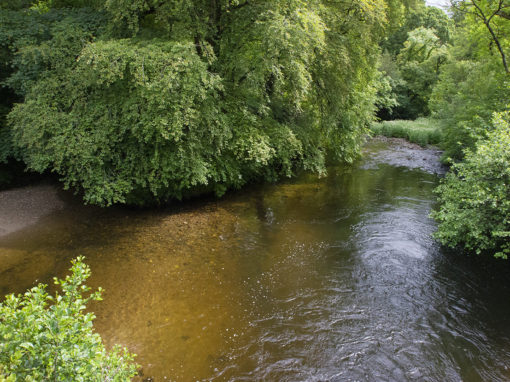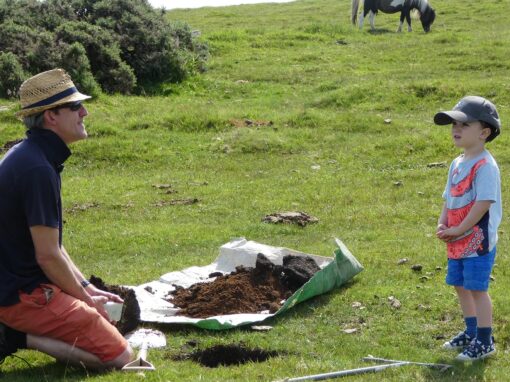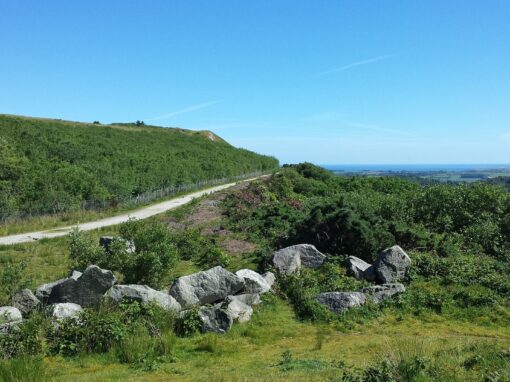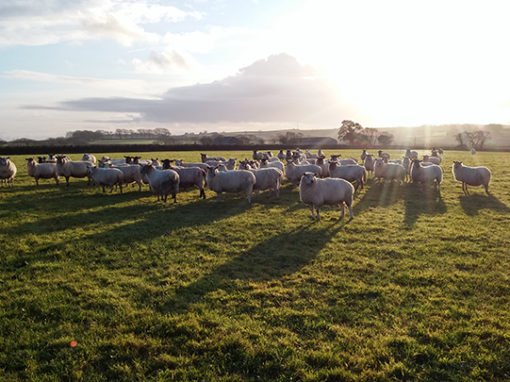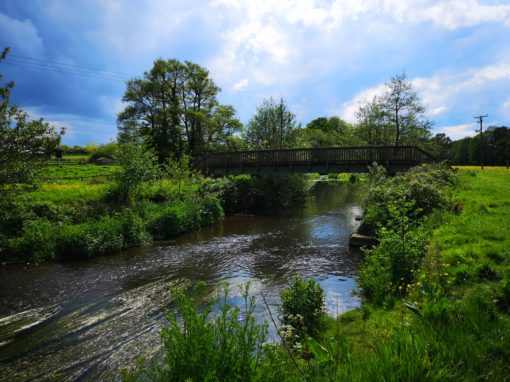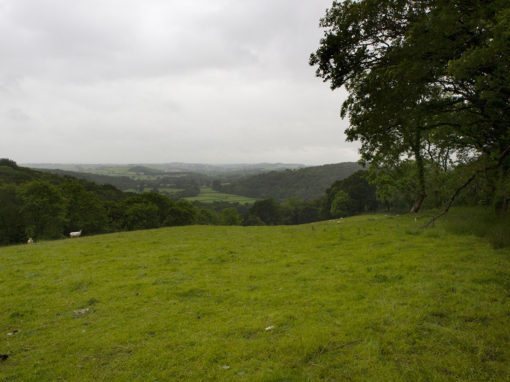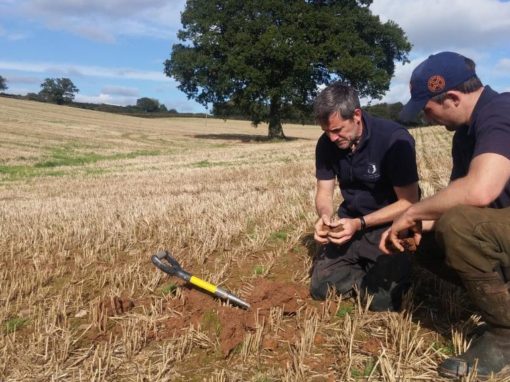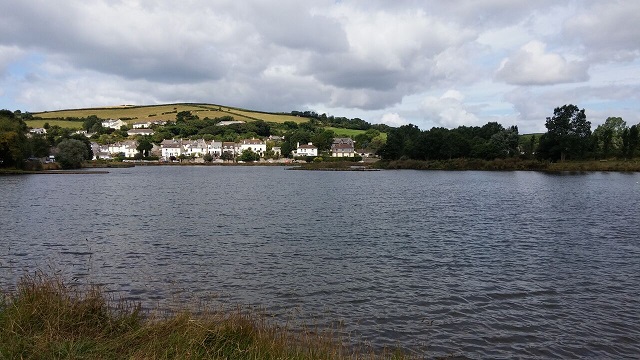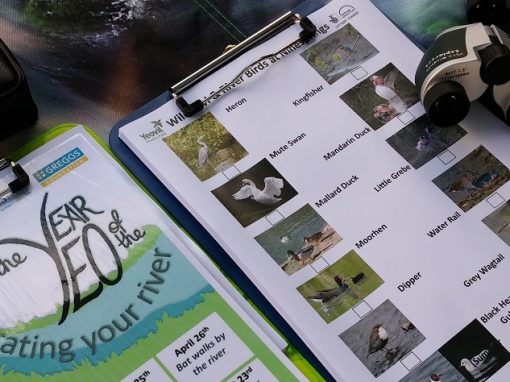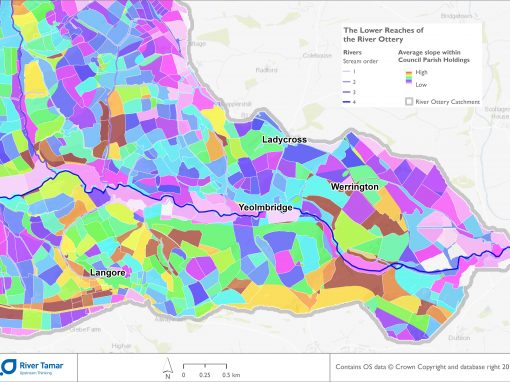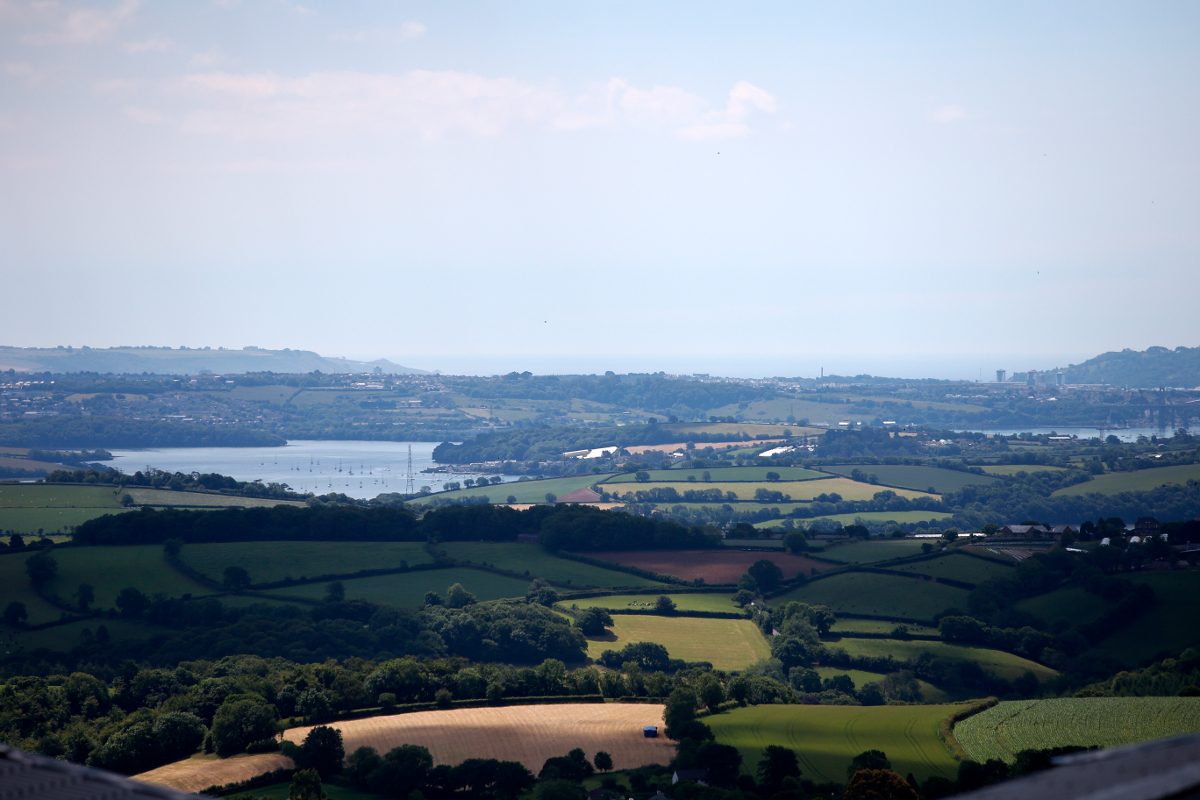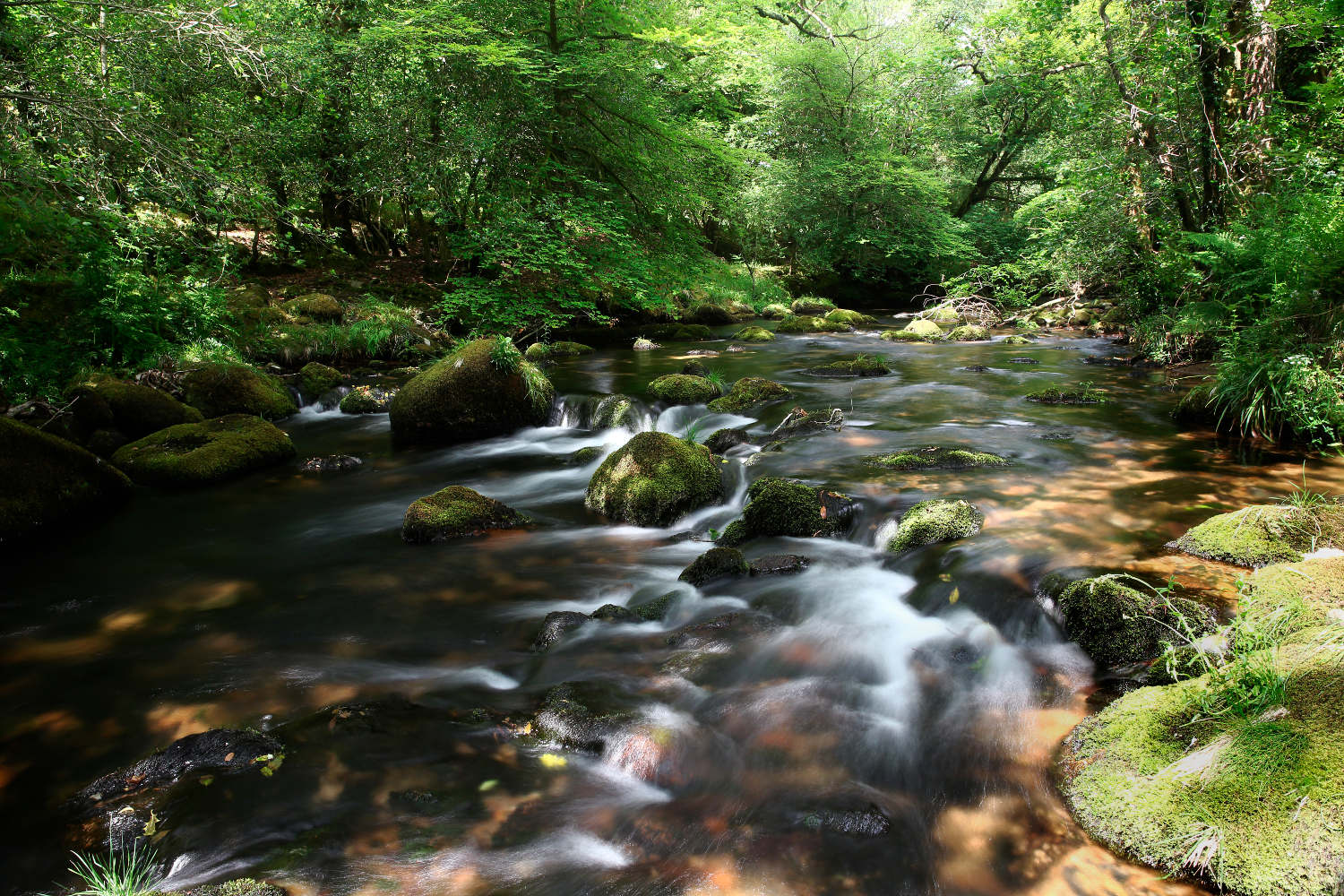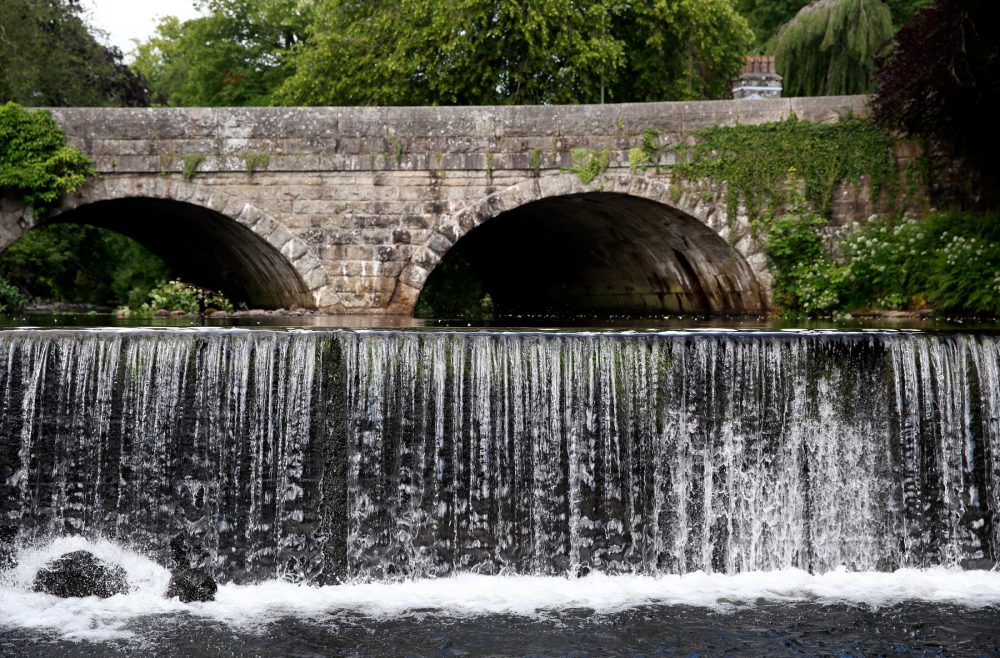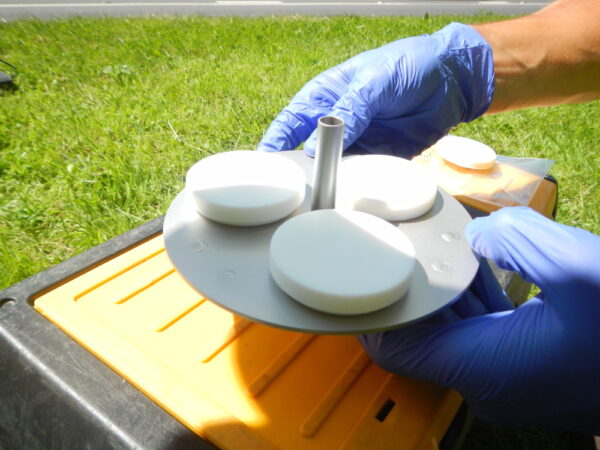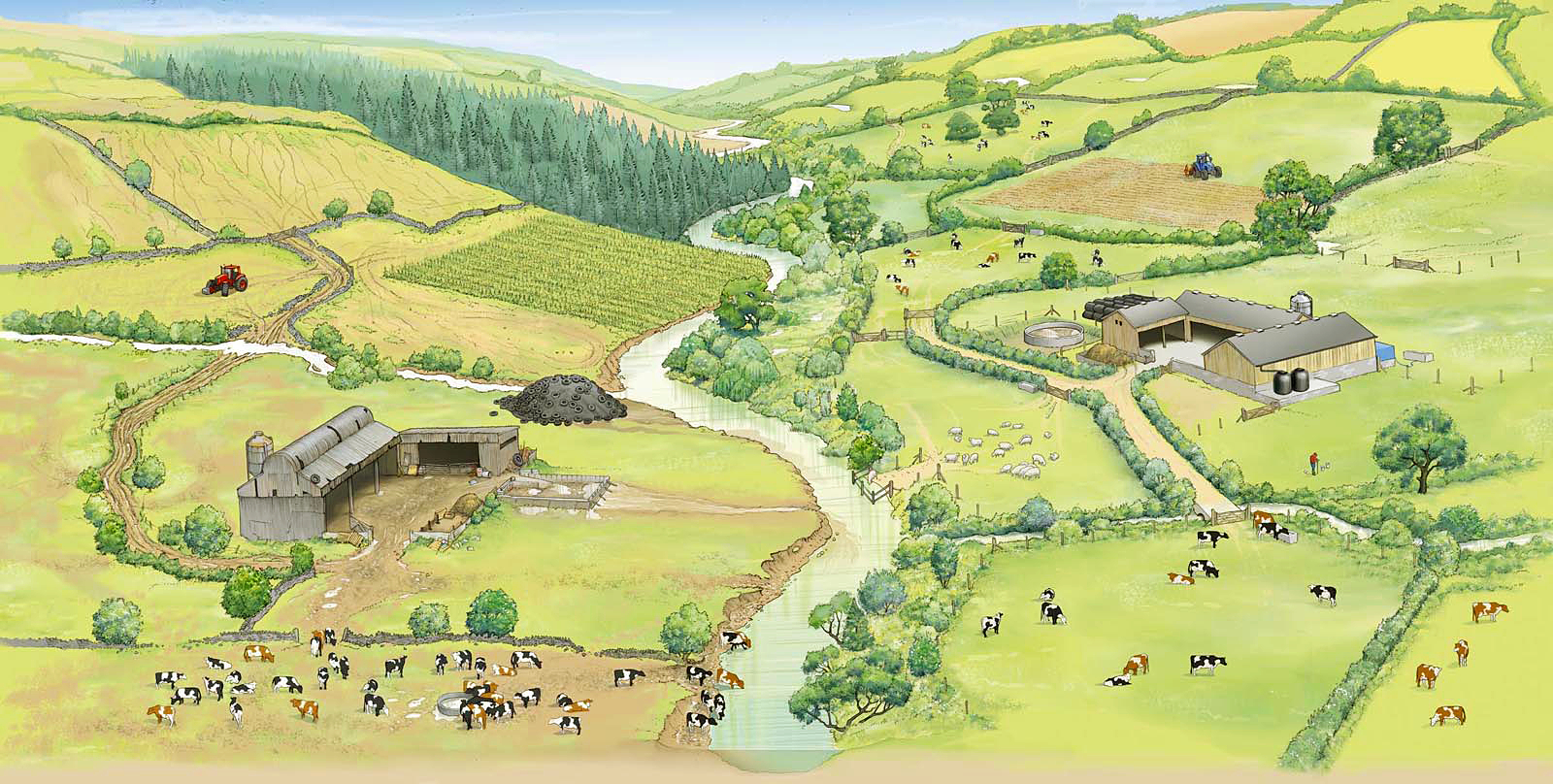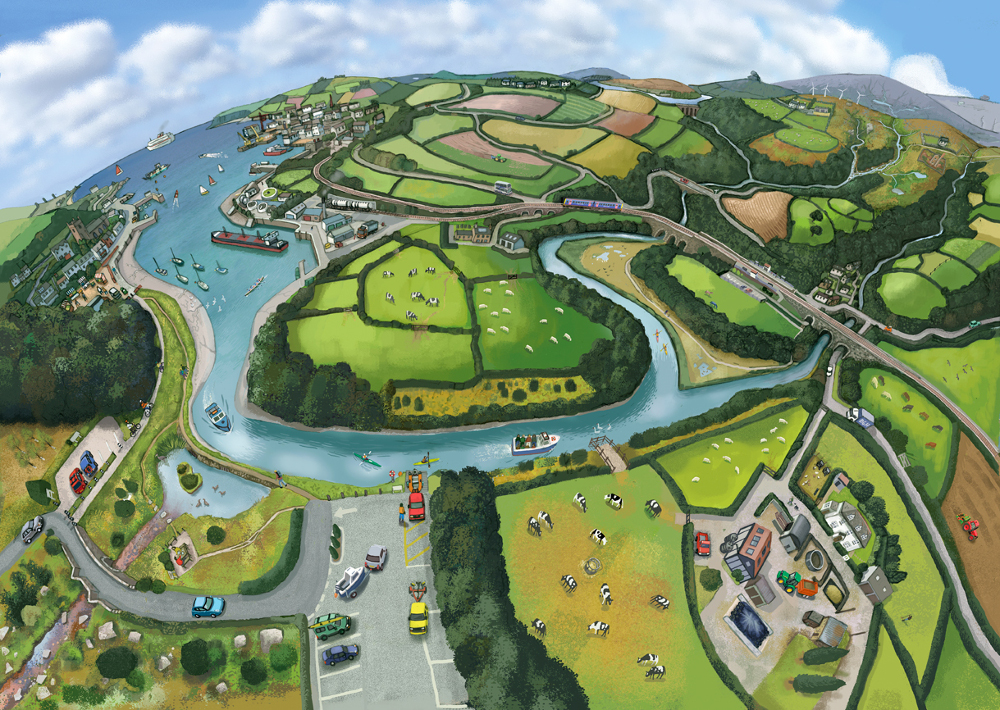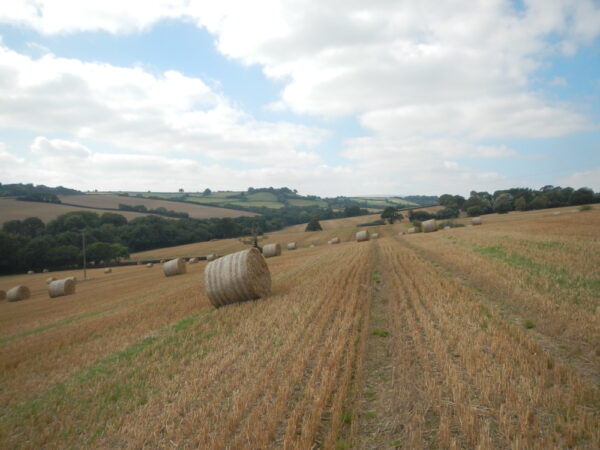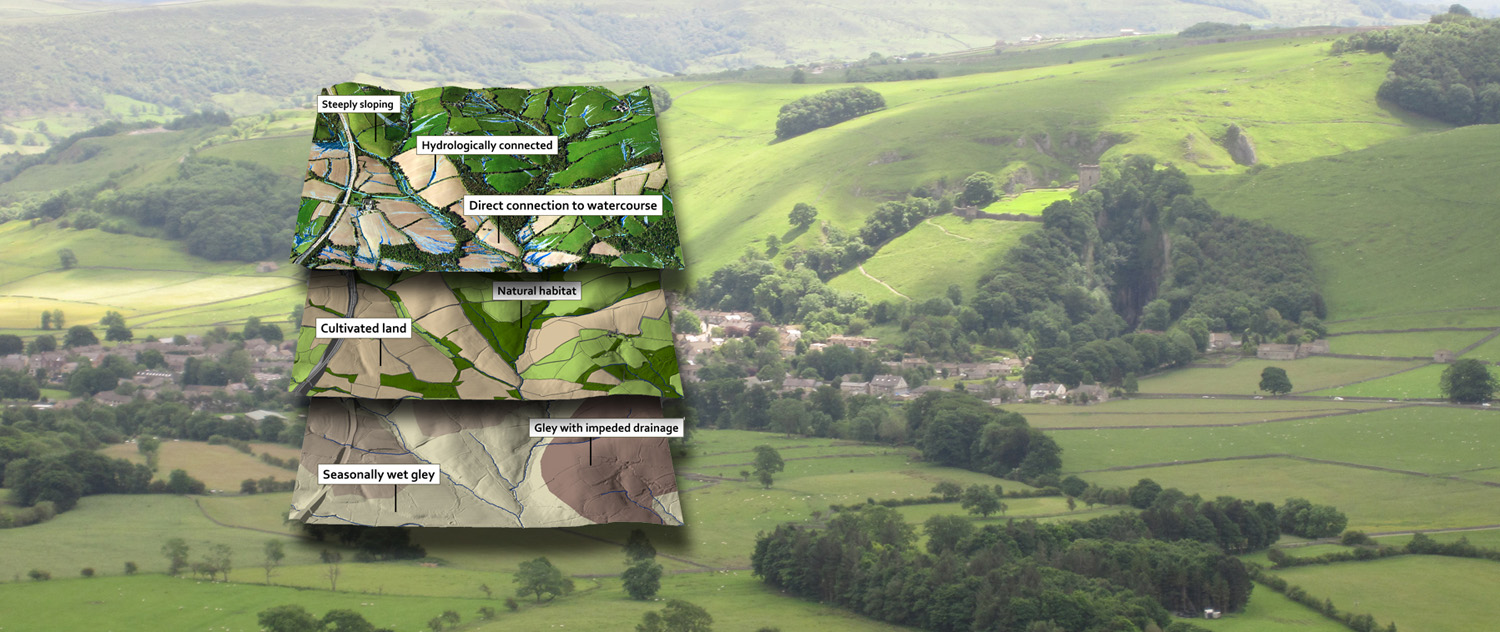South West Water in collaboration with a group of regional conservation charities including the Westcountry Rivers Trust, the Wildlife Trusts of Devon and Cornwall and The Farming and Wildlife Advisory Group, launched one of the largest and most innovative conservation projects in the UK, called the ‘Upstream Thinking Initiative’ which will delivered over £9 million worth of strategic land restoration in the Westcountry over five years.
The main driver in this project is the improvement of raw water quality. The Westcountry Rivers Trust investigated five key catchments across Devon and Cornwall to identify priority areas for protection of water courses, to restore water quality. These areas; The Upper Fowey, Roadford, Wimbleball, The Tamar (north of the A30) and Upper Tamar Lakes were strategically targeted to improve heavily stocked river corridors feeding into reservoir systems.
The ‘Upstream Thinking’ Initiative arose from some ‘lateral thinking’ on behalf of the project team – all conceded that we ask a lot from landowners in our rural catchments. We ask them to produce food, which they can get paid for, but we also ask them to deliver clean water, protect biodiversity, contribute to flood defense, mange landscape character and accommodate recreation and access, most of which they cannot get paid for. Unsurprisingly they struggle to deliver all of these services to the level required by society.
Instead of resorting to prosecuting landowners for not delivering all of the above services under the traditional ‘polluter pays principle’ the group felt that landowners should be financially encouraged and rewarded for their positive actions in what could be described as a new ‘provider is paid principle’. Additionally, the nature of agricultural pollution is such that there are thousands of small pollution incidents across a wide area, which do not often breach water standards but which collectively cause polluted rivers.
The funding mechanism for this approach is the most innovative element: South West Water recognized that it is cheaper to help farmers deliver cleaner raw water (water in rivers and streams) than it is to pay for the expensive filtration equipment required to treat polluted water after it is abstracted from the river for drinking . Accordingly, SWW have proven that water consumers would be better served by spending a small proportion of the money raised from the water bill on catchment restoration in the short term rather than a larger proportion, on water filtration in the long term. In the longer term water consumers (all of us) will benefit financially. The icing on the cake, however, are the spin-off benefits resulting from this ‘upstream approach’. The environment, which is why most of us live in the Westcountry, will be protected and restored on an unprecedented scale. Conservation and biodiversity will become part of the living working landscape rather the preserve of nature reserves. Farmers will be fairly paid to deliver all sorts of essential services for society in addition to food.

Excitingly there are many other groups and organizations that are coming to the same realization as our very foresighted regional Water Company. The tourism sector rely on landscape character and bathing water quality, fishermen, canoeists, flood defense providers and many others all depend on how well farmers manage the land and they are they are starting to investigate whether some of their budget should be spent on a bit of ‘upstream thinking’.
The 2010-2015 delivery involved:
- Moorland restoration work in Devon and Cornwall
- Tamar catchment improvements led by Westcountry Rivers Trust
- Devon’s Working Wetlands led by Devon Wildlife Trust
- River Fowey catchment restoration led by Westcountry Rivers Trust
- West Penwith Project led by Cornwall Wildlife Trust
- Lower Tamar catchment improvements, led by the Environment Agency.
- River Otter catchment led by the Farming and Wildlife Advisory Group
- A further 17 water supply catchments will be investigated to determine the ‘Upstream Thinking’ approach to include in the next round of water company funded activities from 2015-2020
Our experienced farm advisors worked with landowners to offer advice through drawing up a tailored farm plan, which considered appropriate measures per site from soil testing and manure plans contributing to good farming practice, practical protection of the river and habitats through fencing to restrict livestock access and increased buffering, to infrastructure improvements such as yard, track or slurry storage made possible through capital grants. Throughout, we aimed to provide an integrated system of land management for environmental and economic benefit, highlighting further opportunities for training or grant assistance which may complement our work.
Other Land Management Activities
